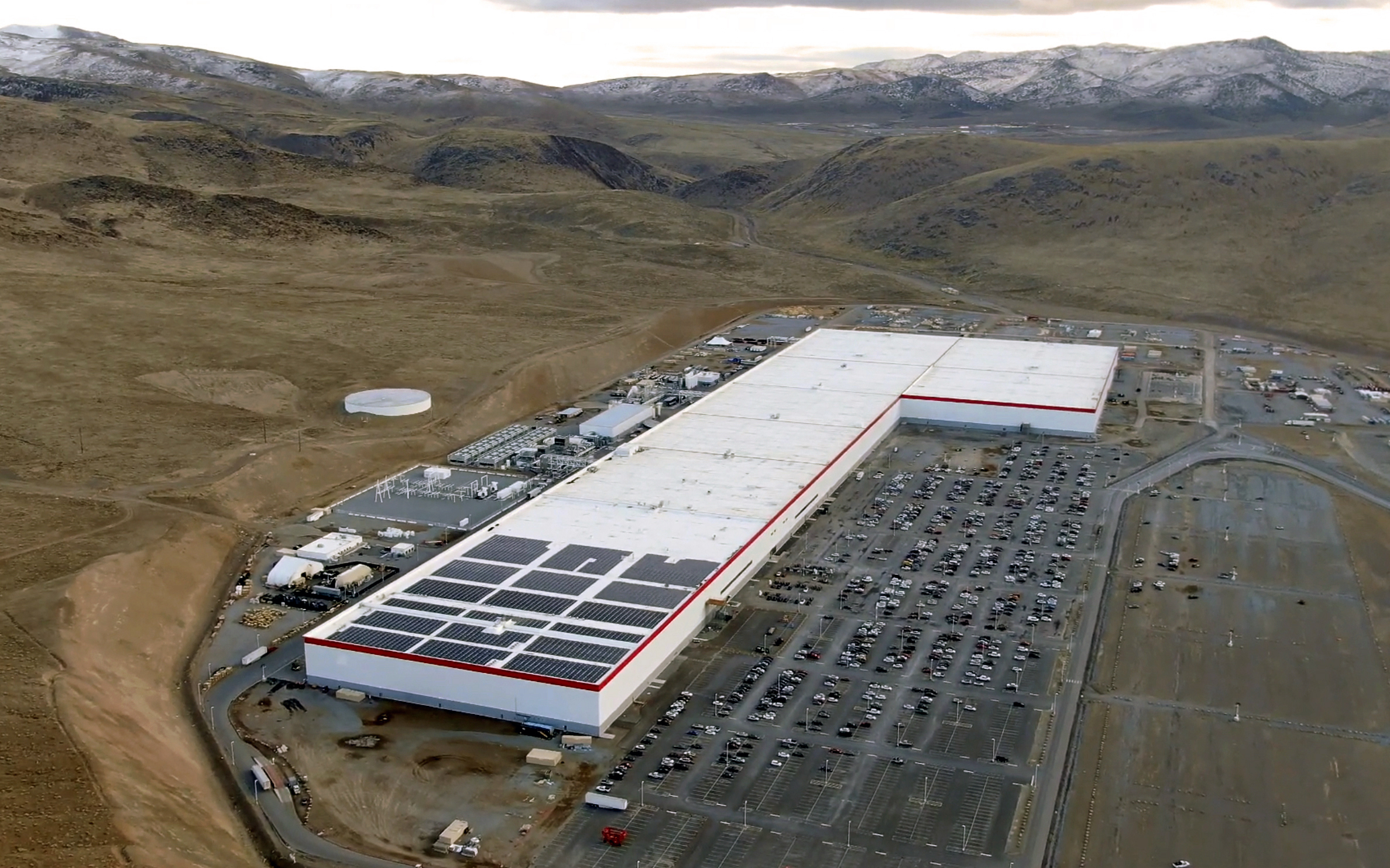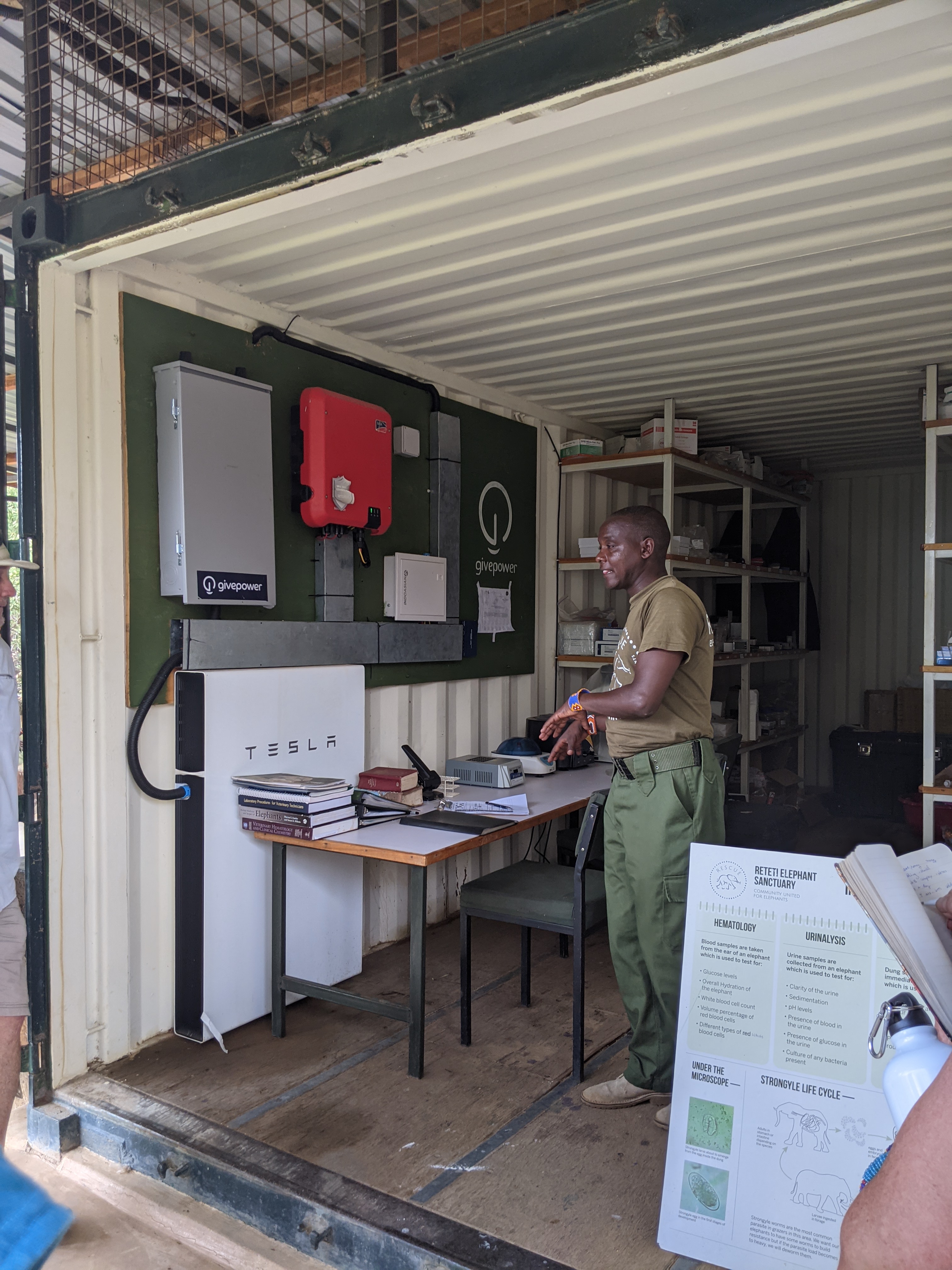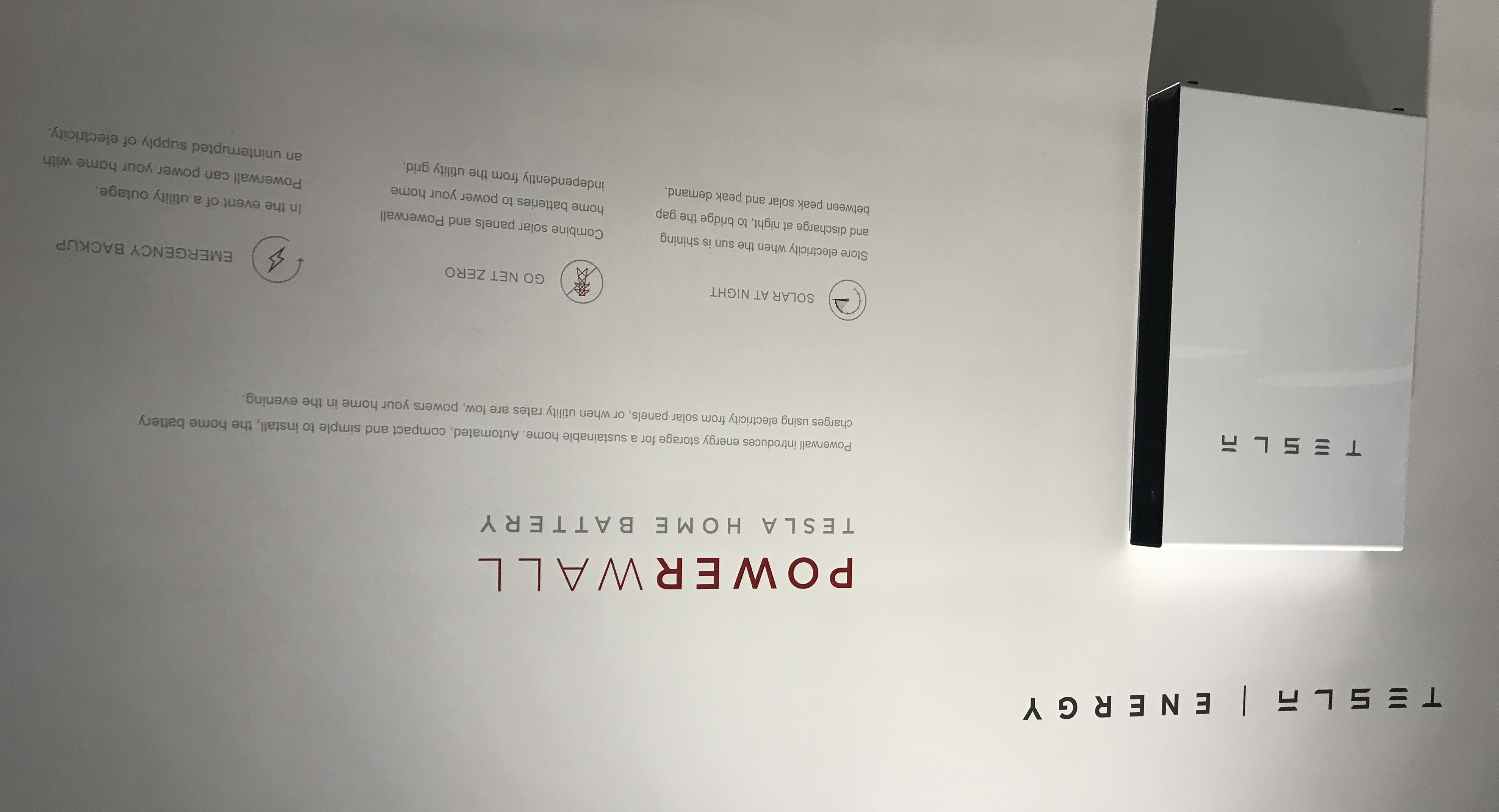Tesla's Battery Revolution
Tesla, under the leadership of Elon Musk, is spearheading a global battery revolution, with its innovations in battery technology playing a pivotal role in the renewable energy sector. Tesla's battery business, which includes both automotive and stationary storage applications, is expected to outgrow its automotive sector. The company's batteries, particularly the highly anticipated million-mile battery, are not only crucial for electric vehicle (EV) sales but also for the broader renewable energy revolution.
Tesla's approach to battery technology is unique compared to other automakers. The company's battery pack, which is the most critical component of any EV, is a prime example of this. Tesla has been known to do things differently, and this is evident in their battery technology.
One of the key innovations in Tesla's battery technology is the development of a new cell type called the 4680, which was announced at Tesla's Battery Day in September 2020. This new cell type is expected to have a larger, higher-capacity design and will become part of the car's structure, allowing Tesla to remove chassis elements used purely to provide a stiff casing for the cells. This will save car weight and maximize the space available, ultimately allowing Tesla to reduce battery costs .
In addition to the 4680 cell, Tesla is also working on reducing the cobalt content in its batteries, with a focus on lithium-iron phosphate batteries. This is part of the company's efforts to engineer an electric vehicle battery that lasts up to 1 million miles.
Tesla's battery pack will be integrated into the chassis so that it provides mechanical support in addition to energy. This design is expected to reduce the car's weight by 10 percent and improve its mileage. Tesla's structural battery is seen as a revolution in engineering, with the company promising a car that runs on batteries with pure silicon anodes to boost their performance a hiOknd reduced cobalt in the cathodes to lower their price.
The company's battery revolution extends beyond cars. The Tesla Powerwall, a rechargeable lithium-ion battery stationary home energy storage product, stores electricity for solar self-consumption, time of use load shifting, and backup power. As Tesla developed batteries for its electric car business, the company also started experimenting with using batteries for energy storage, leading to the development of the Powerwall
Tesla's battery revolution is not just about technological advancements; it also has significant implications for the cost of electric vehicles. Elon Musk has announced plans to build a $25,000 Tesla while cutting battery costs in half over the next three years. This could make electric vehicles more affordable than some of the most economical gas cars on the market, even before considering the total cost of ownership.
In summary, Tesla's battery revolution is a multifaceted approach that includes technological advancements, cost reductions, and applications beyond the automotive sector. It's a key driver in the transition towards renewable energy and electric vehicles.





0 Comments